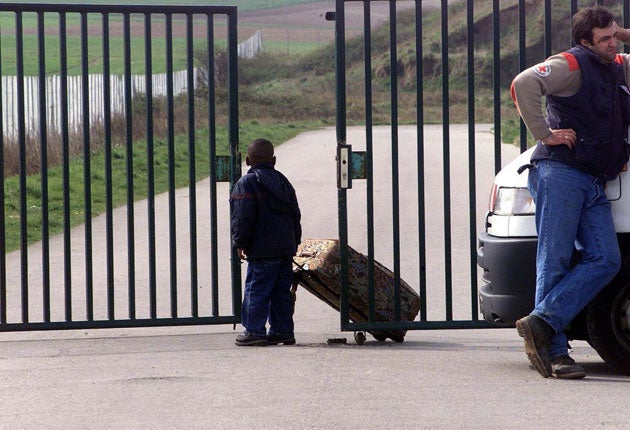Immigration Bill: Britain's most vulnerable could be refused essential care
Asylum seekers and refugees already experience significant barriers to NHS care

Today the Immigration Bill is having its second reading in Parliament. This has coincided with much discussion about migrants’ access to NHS services, with plans being put in place to charge certain groups for primary healthcare.
Such plans will be counterproductive, costly and will increase health inequalities.
The Refugee Council is extremely concerned that the plans will lead to some of the most vulnerable people in British being deterred from accessing or being wrongly refused essential care.
Under the new plans, asylum seekers will be exempt from charges, but we know such exemptions are often irrelevant in practice, and will not be sufficient to guarantee access to healthcare.
Asylum seekers and refugees already experience significant barriers to NHS care despite being entitled to free treatment. We see many examples of the people we work with struggling to register with GPs and access other NHS care.
This can be easily demonstrated through the experiences of Karim, an asylum seeker from Afghanistan. Karim is a victim of sustained torture and imprisonment and as a result suffers from a host of mental and physical health issues.
He tried to register with GP surgeries in the area he was living but was told that the Home Office letter detailing his address was not enough, and that he needed to produce photographic ID and additional proof of address.
As an asylum seeker, he had no national passport and did not pay any utility bills. The Home Office had not provided him with photographic ID.
After his failed attempts at registering he approached the Refugee Council because of his multiple health conditions.
Our staff negotiated with the practice manager of a surgery in his area who agreed that he could register. He was referred to a walk-in clinic for immediate treatment.
Karim was provided with a letter addressed to the practice detailing the agreement and advised to approach the surgery in person. He attempted this three times unsuccessfully; again he was told he must have photographic ID to register.
In the meantime, one of his conditions he suffered from deteriorated, an infection in his finger spread to his heart and he fell ill. He was admitted to hospital through A&E for treatment.
When Karim was discharged he had no GP to follow-up his treatment, as a result he did not continue his medication and his finger became infected again.
The difficulties Karim has experienced in accessing care has not only resulted in huge personal cost, but will also have resulted in significantly higher costs to the NHS.
Asylum seekers and refugees carry a range of different documents to evidence their status. Some refugees have to wait many months for any documents at all. As Karim’s experience demonstrates, there is already considerable confusion around entitlement.
Extending charging will only exacerbate this problem. Medical professionals are not immigration officials, nor should we expect them to be.
Refugees and asylum seekers came to the UK escaping persecution. It is our responsibility to offer protection and a place of safety, not to discriminate and to marginalise them further.
The Government urgently needs to look again at these plans, or it threatens to put already persecuted people at even greater risk.
Maurice Wren is Chief Executive of the Refugee Council - the leading organisation working with refugees and asylum seekers in the UK.
Join our commenting forum
Join thought-provoking conversations, follow other Independent readers and see their replies
Comments
Bookmark popover
Removed from bookmarks